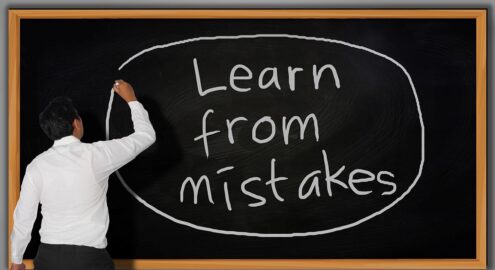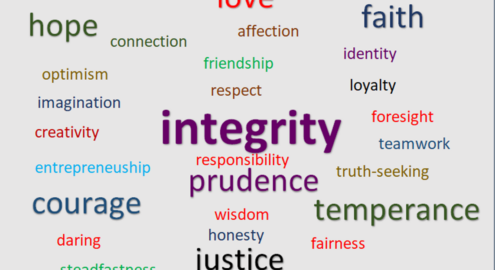To find what you need quickly, sort the practices by age level and duration.

The Oooh Aaah Song
Students use mindful breathing to regulate their emotions.

Through the Looking Glass
Students cultivate courage, empathy, and compassion by sharing and listening to others comment on how others see them versus who they really are.

Encouraging Moral Character Through Language
Teachers will foster students’ moral identity through selective use of language in the classroom.

Promoting the Development of Schools and Staff
A reflection tool to help leaders develop positive schools and staff

Building Relationships and Trust With Staff
A reflection tool to help leaders cultivate a positive and ethical school climate

Exemplars Who Inspire Intellectual Humility
Inspire students to practice intellectual humility by introducing them to what intellectual humility is, what it looks like, and why it is valuable.

Reminders that Encourage Moral Character Strengths
Foster students’ moral identity through story writing.

Eight Inner Strengths for Leaders
A reflection tool to help school and teacher leaders cultivate qualities of moral leadership within themselves

Introduction to Forgiveness
Students explore what forgiveness is and what it is not.

Understanding Inherent Worth: A Path towards Forgiveness
Students explore how every person has dignity and worth—even those who hurt us.

Learning from Courageous Forgivers
Students learn about forgiveness from book characters.

Creating Space for Forgiveness by Letting Go of Anger
Students brainstorm ideas for coping with anger as a first step to forgiveness.

Student Self Check-In Journal
A values-informed process to help students make the best possible ethical choices

Challenging Gender Stereotyping and Homophobia in Sports
Students will identify the stereotypes they hold and consider the impact those stereotypes have on the fair treatment of athletes.

Compass Points
Students develop courage by evaluating an idea or proposition and taking a stance on it.

Confronting the -isms
Students will identify their personal biases and consider how those biases influence their ability to treat others fairly.

Tug for Truth
Develop students’ intellectual humility by helping them to ask questions while thoughtfully evaluating evidence.

3-2-1 Bridge
Develop students’ intellectual humility through concept mapping

Are you ready to build a kinder, happier school where everyone belongs? Join Greater Good Educators! Explore the science of well-being in a supportive community of educators from around the world. Registration is now open for the 2025-2026 school year!


